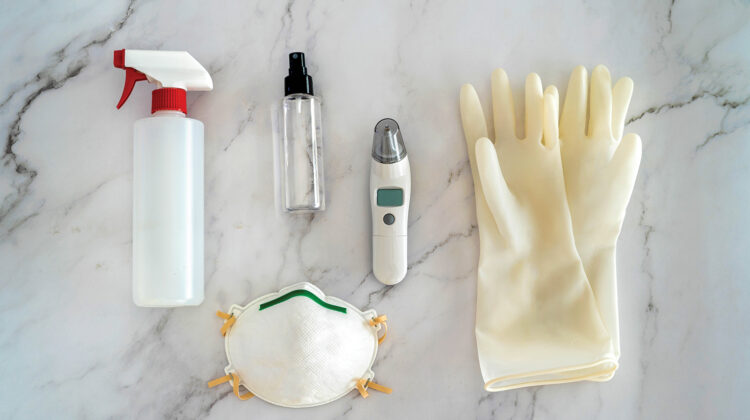
The U.S. Marshals reported no active cases at the West Tennessee Detention Facility, however the average number of confirmed cases continues to grow.
The first 10 days of June have brought with them 43 new confirmed cases, or 4.3 cases per day. There were 445 confirmed cases on May 31.
“As far as the overall increase, I can tell you we expected to see a slight rise in cases in Tennessee as more businesses reopened and more individuals left their homes more frequently,” said Shelley Walker, the director of the Tennessee Department of Health’s Office of Communication & Media Relations. “Thus far, the rise is manageable and the rate of transmission and the positivity rate have been relatively stable. It’s too early to know if these represent a significant, sustained pattern, and we continue to watch the data closely to make the best decisions to maintain the health and well-being of Tennesseans.”
Tipton County saw an average of 11.9 cases per day during May, with an outbreak at the prison infecting more than 325 inmates and employees. In April, prior to the outbreak, Tipton County saw an average of 2.73 cases per day.
As of Wednesday afternoon, there had been 488 cases of COVID-19, with only 65 of those currently active.
Most businesses and restaurants in the area have re-opened, and churches are beginning to as well. Some churches require recommended social distancing – six feet apart, with congregants sitting in alternating pews, no singing and no communion – while others have gone back to business as usual.
School board members are also planning strategies for re-opening in the fall.
This week, the state issued several potential plans and Tipton County Schools surveyed parents by phone to get a better idea of how many intend to send their students back to school, if there were viable alternatives for students who ride the bus and how many households have broadband internet and available devices.
Limited visitation at nursing homes will begin Monday
On Wednesday, the governor’s office also issued guidance for allowing limited visitation at the state’s long-term care facilities.
“From my own family experience, I know how heartbreakingly difficult and stressful it is to not see loved ones for weeks at a time,” Gov. Lee said. “Our family members, friends, and neighbors in long-term care are our most vulnerable Tennesseans. Even limited visitation options will bring relief and support for residents and visitors alike, as long as we can ensure everyone’s well-being.”
The UCG guidance is being released in connection with a forthcoming executive order and will permit new forms of visitation beginning Monday June 15.
Facilities that choose to re-open to visitors must first meet the following prerequisites:
Testing of all staff and residents at least once, and compliance with applicable regulations regarding weekly staff re-testing;
No new COVID-19 case in residents or staff members in the previous 28 days;
Compliant with Board for Licensing Health Care Facilities regulations and infection control guidelines;
Overall stability of the disease burden present in the community where the facility is located.
“Our hope is to balance the need for social interaction at long-term care facilities with providing a safe environment for residents, staff, and visitors,” said Commissioner Lisa Piercey, MD, MBA, FAAP, Tennessee Department of Health. “We will monitor the implementation of this visitation plan closely, knowing we may need to revert to more protective measures if we start seeing an increase in COVID-19 cases at facilities.”
Long-term care facilities who meet the prerequisites and allow limited visitation must follow guidelines, which include:
- Making appointments prior to visiting and limiting the duration of visits;
- Limiting the number of visitors per resident and daily visitors per facility;
- Enforcing visitor social distancing and mask requirements; and,
- Screening all visitors with symptom and temperature checks immediately upon facility entry.
Long-term care facilities may utilize three options for limited resident visitation to take place:
- In an outdoor setting, weather permitting;
- Using a visitation booth or protective barrier; and,
- A resident’s room if the visitor documents a negative COVID-19 test result within 72 hours prior to the visit.
- Separate provisions for visitation involving accommodations for support for residents with disabilities and other critical assistance or end-of-life care also remain in effect.
In addition to social distancing, TDH recommends Tennesseans wash their hands frequently and wear face coverings in public.
For more information about COVID-19 in Tennessee, see https://www.tn.gov/governor/covid-19.html.






Leave a Reply